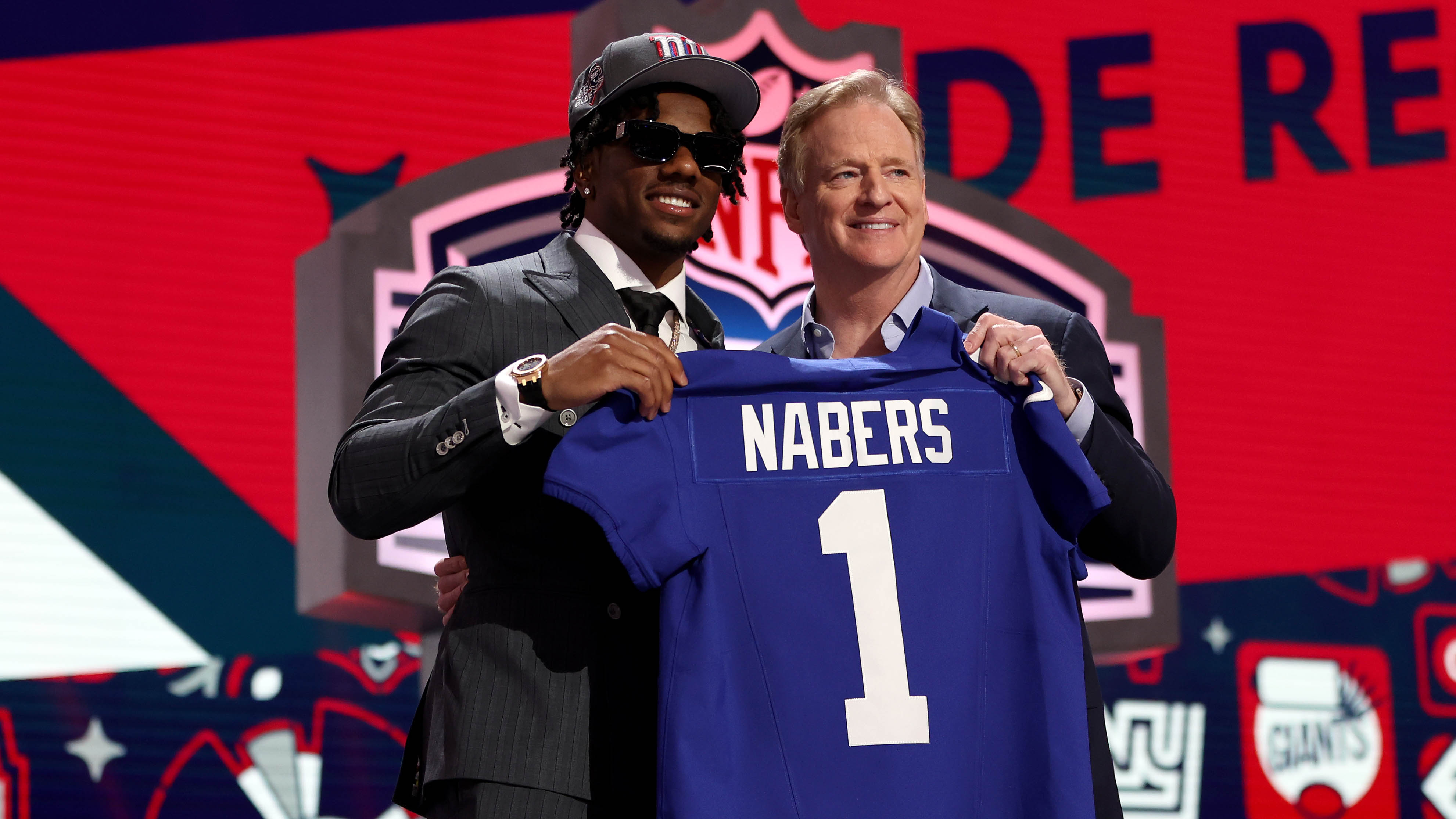The New York State Senate has voted to temporarily ban drilling in a natural gas-rich region of Western-Central New York known as the Marcellus Shale.
Although companies are almost in place to begin exploring the area, the Senate says the moratorium is necessary in order to thoroughly review the environmental and safety-related repercussions of drilling. However, the moratorium bill, passed Tuesday night, still needs the Assembly and Governor Paterson's approval to become law.
The Marcellus Shale is a layer of sedimentary rock in the earth's crust that runs from Upstate New York to North Carolina. Millions of years ago it was a coastal area, so the Marcellus Shale is rich in air pockets and organic matter which over time decomposed and reformed into the combustible hydrocarbons known as natural gas.
But the Marcellus Shale is also partially responsible for New York City's pure tap water. Shale is a flaky, porous rock, so the Marcellus Shale acts as a filtration system for water running underground into the city's reservoirs. Critics of drilling say that the process used to retrieve the gas, called fracking,' could soil the water.
In fracking -- short for "hydraulic fracturing" -- miners drill a narrow tunnel into the layer of the crust containing the natural gas, then pump into it millions of gallons of water, sand and chemicals. Shale, as stated above, is a flaky, fissured rock, and therefore crumbles easily under pressure. The natural gas then escapes the shale through the fractures created by the water (hence the name "hydraulic fracturing").
Then, because water is heavier than gas, and because of the enormous water pressure on the shale, the natural gas shoots up the well through which the water went down. Drillers on-site capture the natural gas as it escapes the well and ship it off to be used as fuel. (Check out this diagram about fracking from propublica.org.)
The Senate's moratorium would last until May 15, 2010. Meanwhile, the U.S. Environmental Protection Agency is investigating hydrofracking and its potential effects on the state's natural resources.
Local
"More time is needed to digest those comments [about fracking in the Marcellus Shale] and make an informed judgment if adequate safeguards can be put in place," said Senator Antoine Thompson in a senate statement. "In light of the Gulf of Mexico drilling disaster, my colleagues and I believe that a 10 month delay to get it right is prudent and necessary.”
Others disagree, saying the delay will only hurt New York in terms of jobs, resources, and other economic benefits. "We have companies that want to come to New York, but in this regulatory and legislative climate and instability they're going to Pennsylvania," Brad Grill, executive director of the Independent Oil and Gas Association of New York told the New York Times.
"We're just losing out on this economic opportunity," Gill told the Times.
Most New York City officials counter that our water supply is too precious to gamble with.
"It is beyond unacceptable to imperil the New York City Water Supply Watershed, the crown jewel of big-city water supplies in the country, for the sake of some short-term economic benefit from natural gas revenues," said City Councilman James F. Gennaro in a statement.
Assembly Speaker Sheldon Silver has voiced support for a moratorium, saying in a statement, "There is nothing more important than the safety of our water supply and protecting the health and welfare of our citizens."



